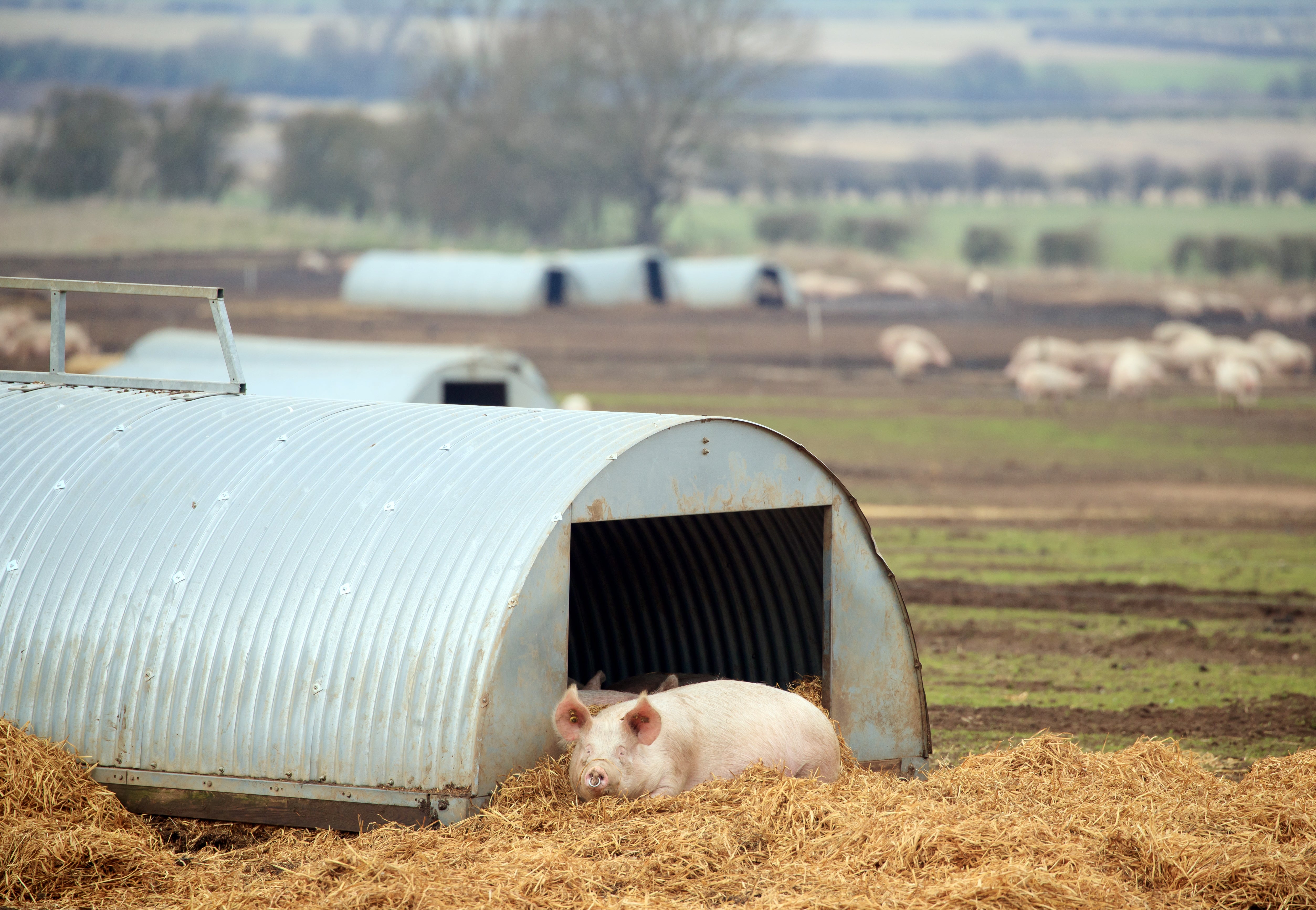Eustice calls for public sector to ‘lead by example’ on choosing local food
A leaked white paper suggests one clear priority for ministers appears to be reducing the distance between farm and fork.

The Environment Secretary has called for the public sector to “lead by example” as a new strategy is expected to suggest half of its food should be locally produced or certified to higher standards.
A leaked draft of an upcoming Government plan for England’s food system was earlier branded “half-baked” and “flatter than a pancake” by campaigners, with particular concern over the apparent rejection of a proposal for tax on sugar and salt.
Ministers were accused of concocting a blueprint “bordering on the preposterous”, with the document suggesting they will shun key recommendations from a major review of the system by Leon restaurant co-founder Henry Dimbleby.
One clear priority for ministers appears to be reducing the distance between farm and fork, with the leaked paper indicating the Government is keen for 50% of public sector food spend to go on food produced locally or certified to higher environmental standards.
The document, which was originally published in full by The Guardian on Friday, states that the vision is for public sector food and catering to form an “exemplar for wider society, delivering positive health, animal welfare, environmental and socio-economic impacts”.
“Public sector food should be healthier, more sustainable and provided by a diverse range of local suppliers,” it says.
“Locally produced food with reduced distance between farm and fork can provide societal benefits, such as creating personal connection between producers and consumers, supporting local food cultures and local economic growth, and improving traceability of food through shorter supply chains.”
It announces that ministers intend to consult on Government Buying Standards for Food and Catering Services (GBSF) “to deliver this vision”.
“We will consider widening the scope of the policy to be mandatory across the whole public sector including schools,” the leaked paper says.
“Within the consultation we will propose that the public sector reports on progress towards an aspiration that 50% of its food expenditure is on food produced locally or to higher environmental production standards such as organic, Linking Environment and Farming (Leaf) Marque or equivalent.”
The public sector must lead by example when it comes to supporting local suppliers and local economic growth
Mr Eustice told The Sunday Telegraph: “The public sector must lead by example when it comes to supporting local suppliers and local economic growth.
“We are determined to support the sector to work with more small and local suppliers, and recognise those that are stepping up to the plate.
“We want public organisations to report on the food they buy, to further encourage the consumption of locally-sourced, high-quality food.”
Bookmark popover
Removed from bookmarks